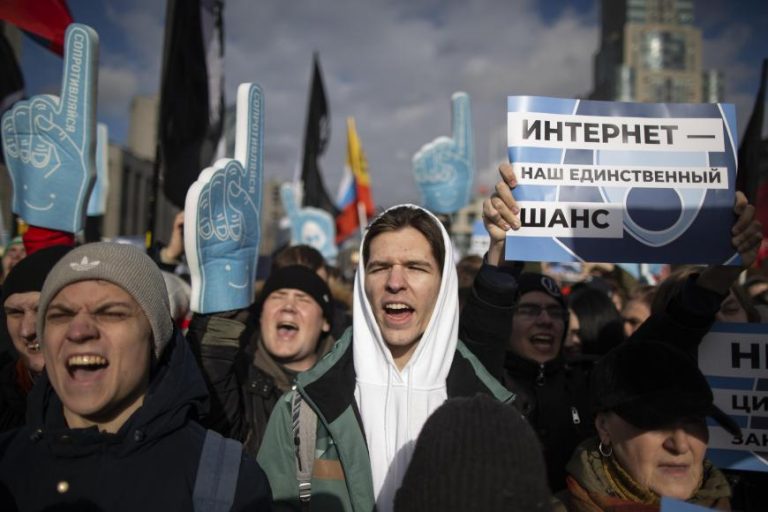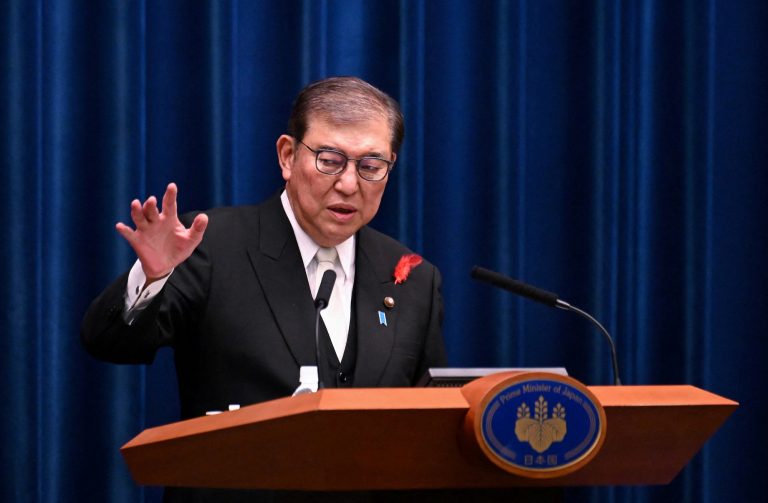Russia recently tested disconnecting from the World Wide Web as part of an exercise to bolster its cybersecurity. The tests were conducted as part of the “sovereign internet” law the country had passed two years back.
According to documents acquired by Russian media outlet RBC Daily, the tests were conducted from June 15 to July 15. The documents belonged to the Information Security working group at the Digital Economy ANO, a non-profit entity created in September 2017 tasked with participating in programs aimed at developing Russia’s digital economy.
A source from the telecommunications sector said to the media outlet that telecom corporations like Rostelecom, ER-Telecom Holding, and Transtelecom took part in the internet disconnection exercise.
“The purpose of the exercise is to determine the possibility of Runet (Russian language community on the internet) operation in the event of external distortions, blockages, and other threats. The official results have not yet been summed up, the exercises were preliminarily recognized as successful,” the source said to RBC Daily.
The duration of these disconnection tests is unknown. It was also not clear whether there were any noticeable disruptions to the internet traffic during the tests.
Success
You are now signed up for our newsletter
Success
Check your email to complete sign up
A representative from the Federal Service for Supervision of Communications, Information Technology, and Mass Media, also known as Roskomnadzor, stated that such exercises are held annually to test the stability, integrity, and security of the Russian segment of the internet.
Though the tests are supposed to be conducted every year, last year’s tests were not held due to complications arising from the COVID-19 pandemic.
Sovereign internet law
In 2019, Russia adopted legislation known as the “sovereign internet” law that aims to protect the country in case it is disconnected from foreign infrastructure. The law was introduced in response to what Moscow had termed the “aggressive nature” of the United States’ national cybersecurity strategy.
The legislation is aimed at routing Russian web traffic and data through state-controlled points and building a national Domain Name System so that local internet can be run independently.
The sovereign internet law is vague about what would qualify as a threat. One section of the law requires Russian ISPs to install “deep inspection tools” in the country that allows service providers to locate the source of web traffic; blocking or rerouting them, if necessary.
The deep inspection tools were tested in the Ural region in 2019. The test failed as most residents were able to bypass surveillance. In March this year, Roskomnadzor manipulated the ISPs to slow down the transfer of video and photo content to Twitter after the social media platform had refused to remove illegal content.
Due to the vagueness of defining a threat, the legislation has been criticized as a move towards adopting communist China’s heavily censored internet infrastructure. The law had resulted in several protests back in 2019.
In an interview with Reuters, Karen Kazaryan, head of the analysis firm Internet Research Institute, stated that the recent tests were likely to be a show of activity following a year of inactivity. She believes that the likelihood of Russia launching a sovereign internet in the near future is very low.
“Given the general secrecy of the process and the lack of public documents on the subject, it is difficult to say what happened in these tests,” Kazaryan added.
According to Human Rights Watch, “If carried out to their full restrictive potential, the new measures will severely undermine the ability of people in Russia to exercise their human rights online, including freedom of expression and freedom of access to information.







